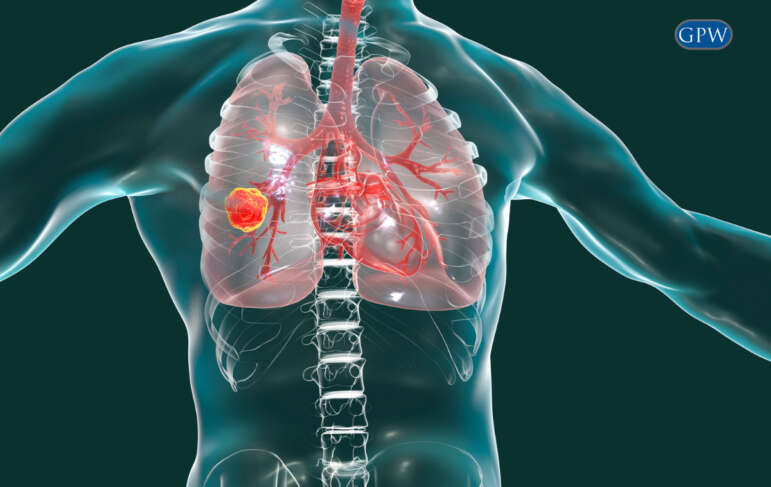World Lung Cancer Day 2023
Today is World Lung Cancer Day. Lung cancer is one of the world’s most common cancers worldwide. There are more lives lost to lung cancer than breast, colon, and prostate cancers combined. There are two major types of lung cancer: small cell lung cancer and non-small cell lung cancer. Around 80 to 85 percent of lung cancer cases are non-small cell lung cancer. It can be broken down further into adenocarcinoma, squamous cell carcinoma, and large cell carcinoma. Adenocarcinoma is cancer of the cells that secrete mucus while squamous cell carcinoma is cancer of the flat cells that line the inside of the airways. Large cell carcinoma is cancer of cells that occur anywhere inside the lung. The other main type of lung cancer is small cell lung cancer, which occurs in 10 to 15 percent of all cases. It is a faster growing cancer.
Signs of lung cancer can include a cough that does not go away or gets worse; coughing up blood or rust-colored sputum; chest pain that can get worse when deep breathing, coughing, or laughing; hoarseness; loss of appetite; unexplained weight loss; shortness of breath; feeling tired or weak; infections like bronchitis or pneumonia that do not go away or keep coming back; or new onset of wheezing. When lung cancer spreads it can also cause bone pain, nervous system changes, yellowing of the skin and eyes, and swelling of lymph nodes.
There are different risk factors for lung cancer. Smoking is the number one cause of the cancer. The more someone smokes the higher the risk of lung cancer. Even if you don’t smoke, exposure to secondhand smoke is another cause of lung cancer. Previous radiation therapy can also cause the cancer. Exposure to radon and other carcinogens is also a cause of lung cancer. Radon is created by the natural breakdown of uranium in soil, rock, and water. The radioactive gas can accumulate in buildings, leading to lung cancer in the future. Asbestos is another cause. It is a mineral that was heavily used for its heat and fire-resistant properties.
Once diagnosed, people need to be treated for lung cancer. One type of treatment is surgery. The different types of surgery can include segmental or wedge resection, where a small part of the lung is removed, a lobectomy, where an entire lobe of a lung is removed, a pneumonectomy, where an entire lung is removed, or a sleeve resection, where a piece of the bronchus is removed and the lung is reattached to the remaining bronchus. External radiation is also a possibility when treating lung cancer. High doses of radiation are sent to cancer cells while shields are used to protect healthy tissue. Chemotherapy is another option. Drugs that interfere with cancer cells’ ability to reproduce are administered to the patient. Chemotherapy can have unpleasant side effects.
Targeted therapy is also useful. Targeted therapy is a set of drugs that target specific parts of cancer cells that let them grow. It is only useful in some non-small cell lung cancers. Finally, immunotherapy is also useful for some lung cancers. Immunotherapy is a type of treatment that helps the immune system fight cancer cells. Anti-PD-1 treatment for instance, known as an immune checkpoint inhibitor, is useful for treating some patients after receiving chemotherapy.
Were you exposed to asbestos and later diagnosed with lung cancer or mesothelioma? Contact us today to see if you could be entitled to compensation. Call 412-471-3980 or fill out our contact form to speak to a member of our team.




